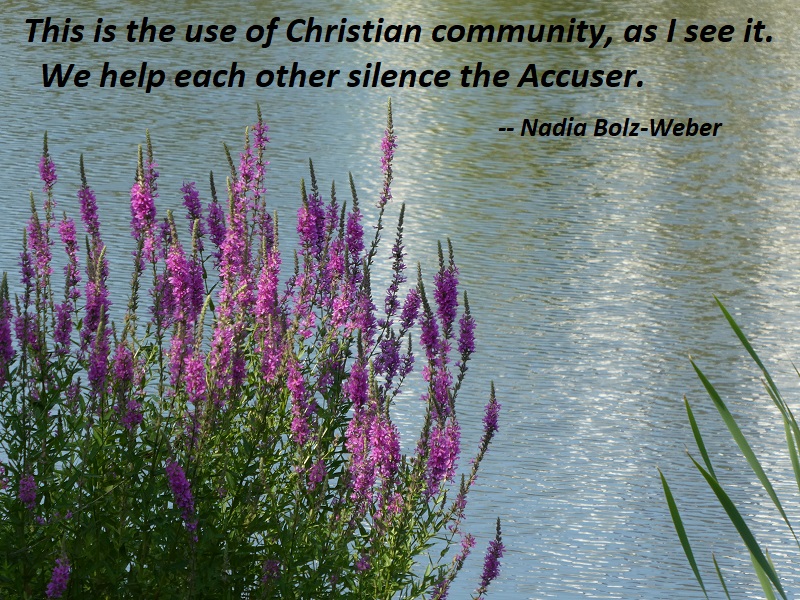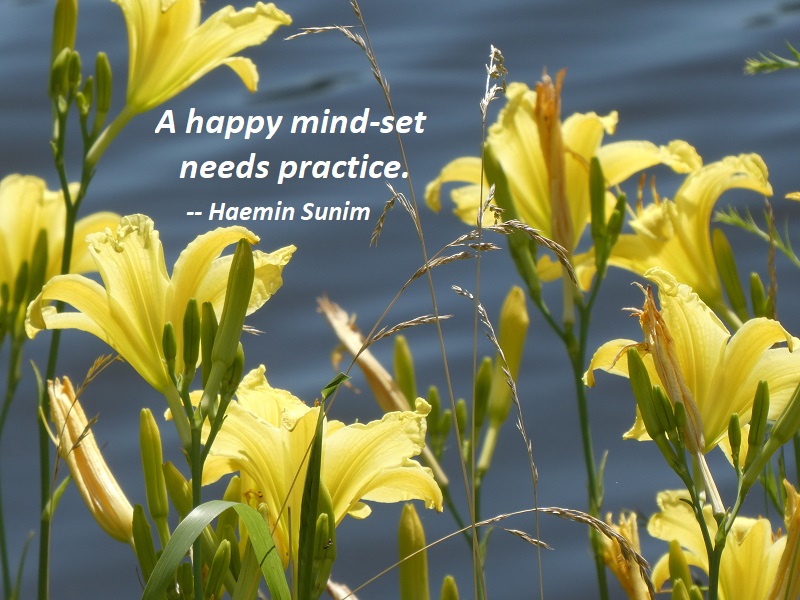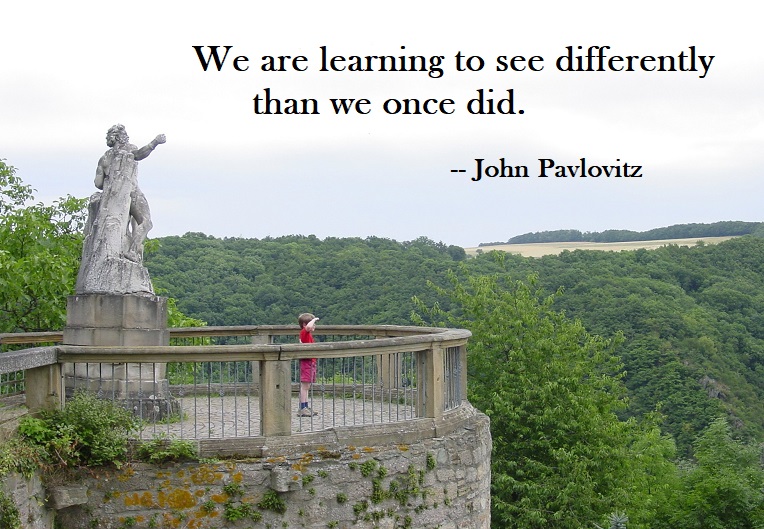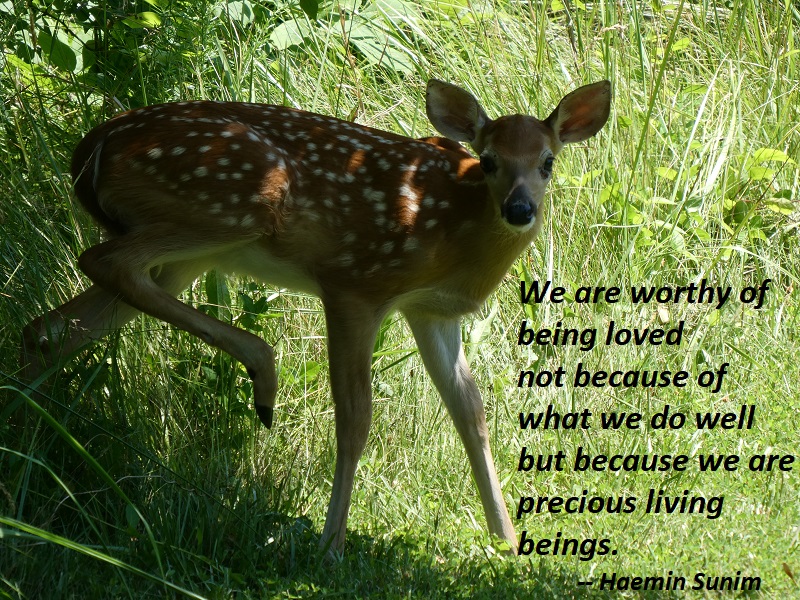
What God claims to love, do not deem unworthy of that love.
What God has called good, do not call anything other than good.
What God has animated with God’s own breath and endowed with a soul and God’s own image, do not treat with anything less than dignity.
When that accusing voice is on repeat in your head, know that it is not the voice of God. God’s voice is found in the warm singsong of a mother to her newborn, the one who says, “You are beloved.” God’s voice declares us clean, justified, forgiven, and new. It imparts to us a worthiness that has nothing to do with our efforts or our accomplishments or our becoming some imagined ideal.
This is the use of Christian community, as I see it. We help each other silence the Accuser. We tend each other’s wounds, show each other our scars, see and forgive each other’s shortcomings, let each other cry, make each other laugh, and are absolutely adamant about grace for everyone. We insist on freeing each other from the grip of the accusing voice, and we amplify the voice of God.
— Nadia Bolz-Weber, Shameless, p. 181-182
Photo: South Riding, Virginia, July 12, 2020






